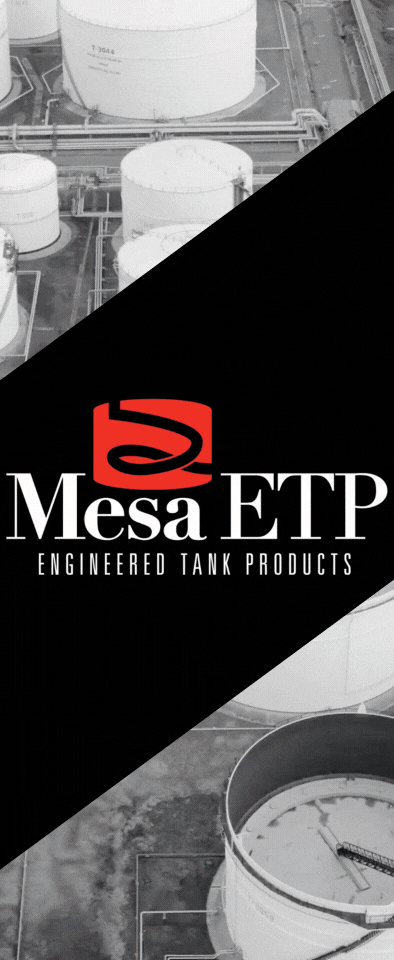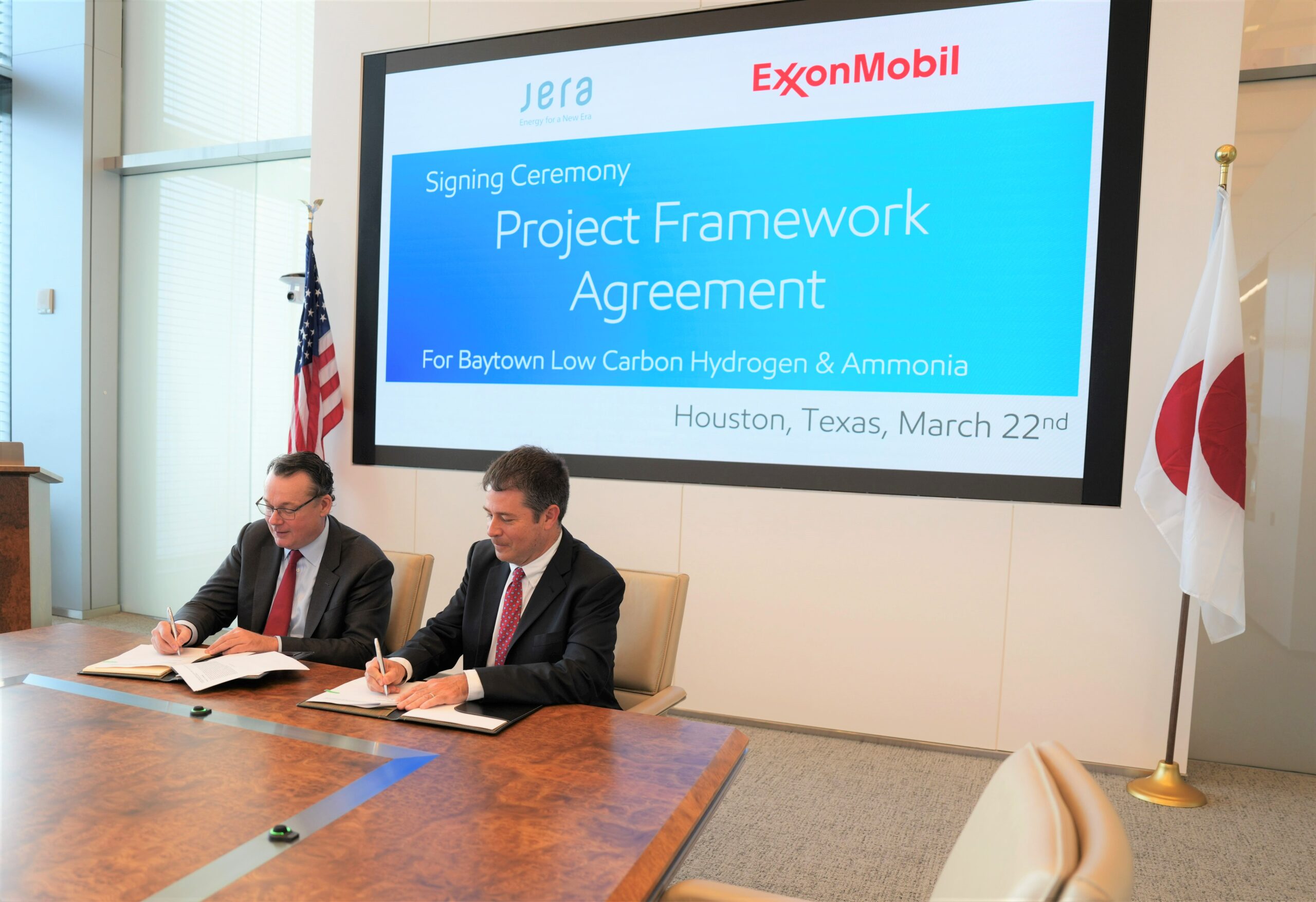JERA has reached a project framework agreement with ExxonMobil to jointly explore the development of a low carbon hydrogen and ammonia production project in the United States.
ExxonMobil is currently developing what is expected to be the world’s largest low-carbon hydrogen production plant at its Baytown Complex east of Houston, Texas, United States. The plant is slated to have an annual production capacity of approximately 900,000 tonnes of low-carbon hydrogen and annual production capacity of more than 1 million tonnes of low-carbon ammonia. The project aims to commence production in 2028.
Under the terms of the agreement, JERA and ExxonMobil will explore:
- JERA’s ownership participation in the project
- JERA’s procurement of approximately 500,000 tonnes annually of low-carbon ammonia produced by the project for demand in Japan
JERA is playing an important role in the energy transition and is taking on the challenge of expanding renewable energy and developing zero-emission thermal power technologies. In 2020, the Company established a JERA Zero CO2 Emissions 2050 goal of achieving net zero CO2 emissions from domestic and overseas businesses by 2050. JERA will continue to contribute to global decarbonisation and solving energy problems by building and expanding low carbon hydrogen and ammonia supply chains in cooperation with leading domestic and overseas companies.
‘Cooperation among leading companies is essential to establish supply chains for ammonia, hydrogen, and other products that are key to zero-emission thermal power,’ says Steven Winn, JERA’s senior managing executive officer and chief global strategist. ‘We believe that working together with ExxonMobil, who is actively promoting investment in carbon capture and storage (CCS) and hydrogen, will contribute to the transition to a global decarbonised society.’
‘Building world-scale projects for new markets requires supply, demand and supporting regulation to all come together in sync,’ says Dan Ammann, president of ExxonMobil Low Carbon Solutions. ‘We appreciate JERA’s leadership in helping advance the hydrogen economy and see this agreement as an important catalyst.’










